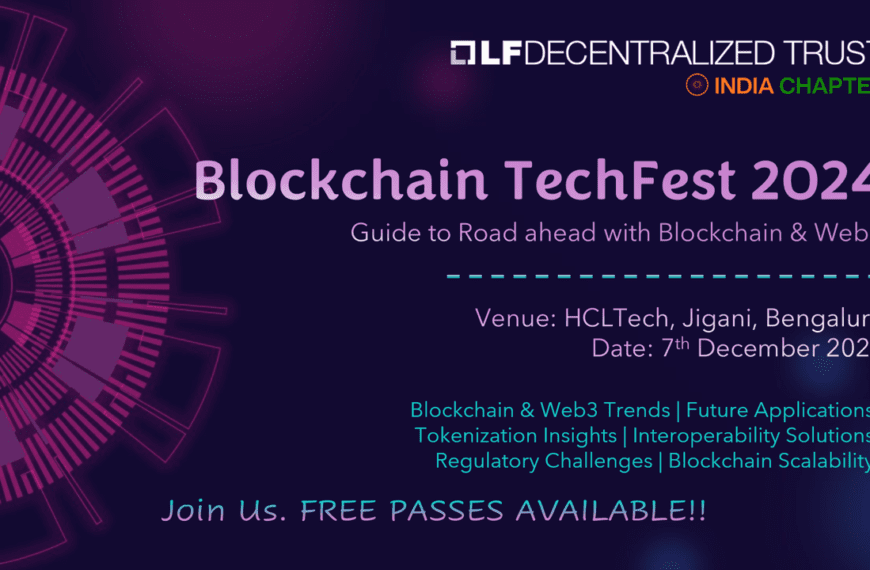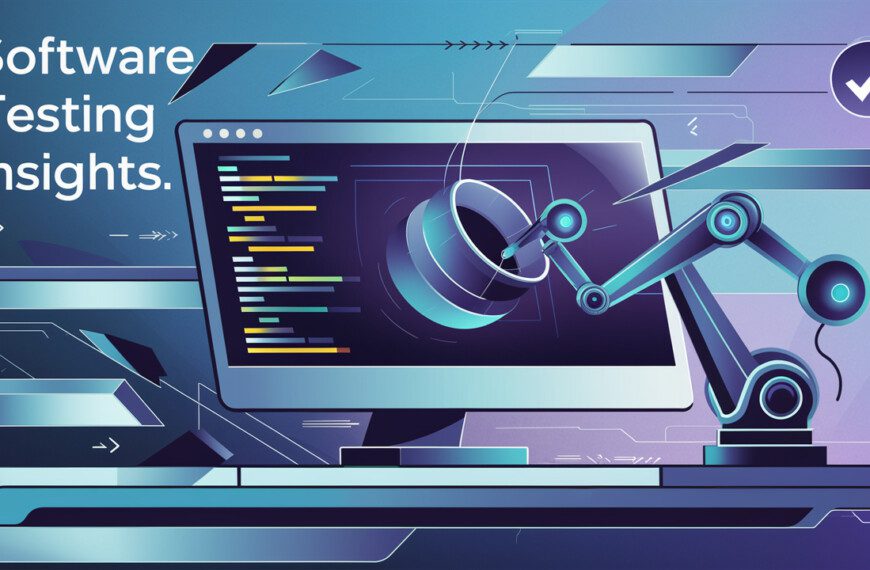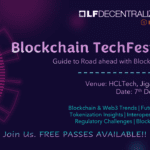A decentralized token economy is a system where digital tokens are used as a medium of exchange within a network, typically based on blockchain technology. It operates in a decentralized manner, without the need for intermediaries, and allows participants to transact, interact, and engage in various activities within the ecosystem. These tokens often represent value, ownership rights, or utility and enable new economic models, incentivization mechanisms, and innovative applications.
Benefits
Enterprises can realize the benefits of a decentralized token economy by leveraging blockchain technology and implementing the following strategies:
- Increased Efficiency: By utilizing decentralized tokens, enterprises can streamline their processes and reduce intermediaries. Smart contracts can automate transactions, eliminate manual verification, and reduce administrative costs.
- Enhanced Security: Blockchain technology provides a secure and tamper-proof environment. Enterprises can leverage decentralized tokens to enhance security by implementing cryptographic techniques and immutability features, protecting sensitive data and mitigating the risk of fraud.
- Improved Traceability and Transparency: With a decentralized token economy, enterprises can track and verify transactions on the blockchain. This transparency fosters trust among participants, as it enables easy auditing and verification of transactions, ensuring the integrity of the system.
- Tokenization of Assets: Enterprises can tokenize physical or digital assets, such as real estate, intellectual property, or loyalty points. Tokenization allows for fractional ownership, liquidity, and easier transfer of assets, unlocking new possibilities for investment and value creation.
- Incentive Mechanisms: Decentralized tokens can be used to incentivize desired behaviors and encourage participation. For example, enterprises can reward users with tokens for contributing to a network, providing valuable data, or engaging in specific activities, fostering a vibrant ecosystem.
- Access to Global Markets: A decentralized token economy enables enterprises to interact with a global audience without the traditional barriers of currency exchange or intermediaries. Tokens can facilitate cross-border transactions, enabling enterprises to tap into new markets and expand their customer base.
- Community Engagement and Governance: Enterprises can engage their stakeholders and users through decentralized governance models. Token holders can participate in decision-making processes, such as voting on protocol upgrades or project proposals, promoting a sense of ownership and community involvement.
- Innovation and Collaboration: Decentralized token economies often foster innovation and collaboration by enabling open-source development and creating ecosystems where developers, entrepreneurs, and users can contribute and build upon existing platforms.
Conclusion
It’s important to note that implementing a decentralized token economy requires careful planning, considering regulatory compliance, scalability, and usability factors. Enterprises should consult experienced advisors, evaluate the specific needs of their business and industry to effectively harness the benefits of decentralization while managing potential challenges.











